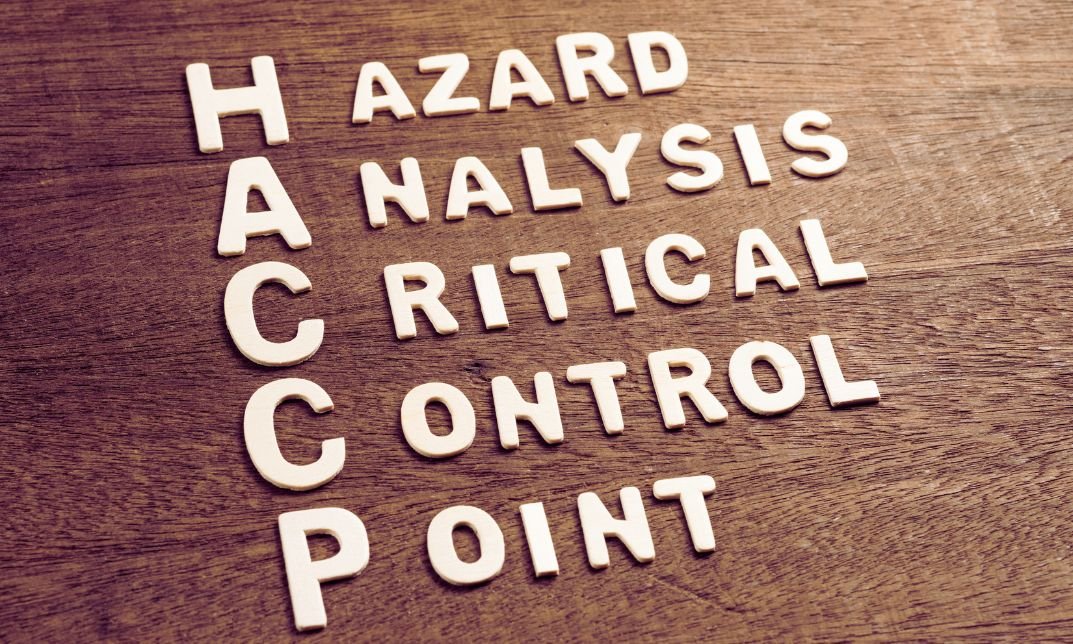No products in the cart.
The different routines and actions people follow to keep their body and mind healthy are called personal hygiene. People brush their teeth, wash their hands, take baths, cut their nails, and style their hair as part of these habits. Wearing clean clothes, using deodorant, and keeping their homes clean are also personal hygiene habits. This is A Guide to Good Personal Hygiene, where we’ll explore why living healthy matters, what habits help, and how to easily add them to daily life.
What is Personal Hygiene?
The habits you follow to take care of your body are known as personal hygiene. You regularly take a bath, brush your teeth, trim your nails, wash your hands, and so on to stay clean. Personal hygiene is truly important for our lives. You already know that stopping sickness is better than curing it. It’s smart to avoid illness before it happens. Practising good personal hygiene helps you stay safe from many sicknesses and health problems.

Why Is Personal Hygiene Needed for Healthcare Assistants?
People are told to wash their hands often during the flu and cold seasons. For healthcare assistants, this is extra important. Healthcare assistants work with many people each day. This puts them at a higher risk of catching diseases. So, healthcare workers must stay clean. They wash their hands often, wear masks, and avoid touching the faces of sick people. Trainers teach these hygiene rules to healthcare assistants. This training helps them build safe habits for themselves and others when they start their jobs.
Medical staff check who a patient is and go over their medical records before they start treatment. This helps them give proper care and make changes if needed. To stop infection, healthcare workers wash their hands before touching patients. If they need to do certain tasks, they also wear gloves.
A Guide to Good Personal Hygiene
To stay healthy, feel good about yourself, and keep good relationships, you need to practice good personal hygiene. Here are some key hygiene habits you should follow:
Brush your teeth
Brushing your teeth is the most basic step for a clean mouth. Having white teeth isn’t the goal—it’s about stopping tooth problems and keeping your teeth strong. If you don’t brush your teeth often, germs build up in your mouth. This causes gum trouble and tooth damage. So, you should brush your teeth at least twice daily. Brushing before bed is a great idea. Spend 2–3 minutes cleaning your teeth well.
Bathe regularly
Taking a shower often helps you stay clean. Each day, when you go outside, you meet dust filled with germs that can make you sick. You remove harmful germs by taking a shower right after coming home. Bathing regularly helps avoid many skin problems. It also makes you feel fresh after a long day. That’s why you should shower daily to clean your body fully. If that’s not possible, shower when you get the chance.
Trim nails
As nails grow, dirt and germs stick to them. When you touch your face or eat, the germs from your nails enter your mouth. Also, long and dirty nails can make you look messy. So, it’s important to keep nails short and clean. You should trim both your hand and foot nails once a week.
Maintain respiratory hygiene
When you cough or sneeze, you spread germs to others. That’s why you should cover your mouth when you cough or sneeze. Use a tissue or a small towel. Throw the used tissue in the trash right away. If you don’t have anything in hand, cover your face with your elbow. This way, you stop harmful droplets from spreading. If you have breathing issues, wear a face mask when you go outside. A mask also protects your face from dust in the air.
Get enough sleep
Sleep habits are also part of personal hygiene. Sleep helps boost your body’s defence system so you don’t get sick. It keeps your body and brain fresh and strong. Not sleeping enough makes you act clumsily, which shows in how you move. Try to get 6–8 hours of sleep every night. Try sleeping and waking up early each day.
Conclusion
For healthcare assistants and anyone working with others, following A Guide to Good Personal Hygiene helps prevent the spread of illness and builds trust. Good personal hygiene helps you stay well in body, mind, and social life. Bathing, handwashing, tooth care, and grooming are daily actions that protect you from getting sick. A clean habit leads to a healthy life. Taking care of your body is your job. Staying clean keeps you healthy and sharp at work. It lowers your chance of getting sick and helps stop sickness from spreading.
When you stay clean, you feel more sure of yourself and can face people with confidence.
If you like “A Guide to Good Personal Hygiene”, visit our Beauty and Fitness Courses in the Open Learning Academy to explore this field further.




